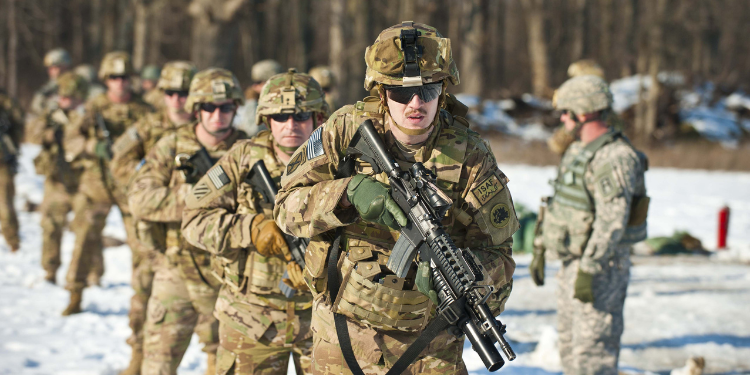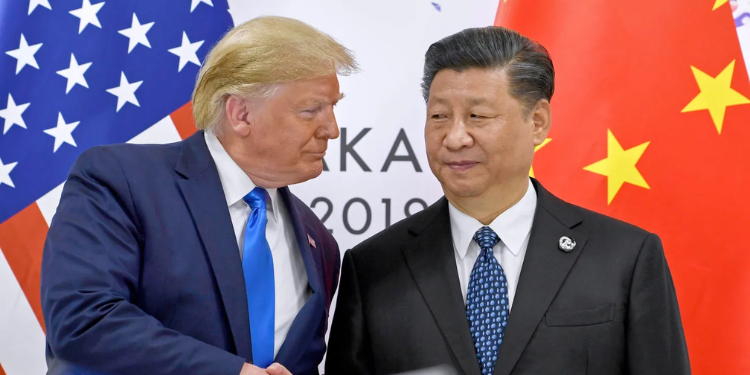Finnish President Alexander Stubb and former British Prime Minister Boris Johnson have bitterly clashed in Kyiv, Ukraine over the future of NATO troop deployments in Ukraine.
The disagreement occurred during a meeting Ukraine’s partners in Kyiv where Boris Johnson strongly supported the utilization of the Ksh45.4 trillion in frozen Russian state assets (€300B) to sending coalition troops to secure areas of Ukraine.
Kyiv Summit
Johnson urged the deployment of Western forces in Ukraine, arguing that their presence would send a clear message to Russian President Vladimir Putin that Ukraine is firmly part of the West’s security framework.
“We need to incarnate that choice by our presence in Ukraine and make it physically, practically clear that Ukraine is on the path towards Western institutions, not just the EU, but one day NATO too.”
Johnson has repeatedly called on Western countries to deliver weapons and ammunition to Ukraine more quickly, including advanced or long-range systems, to help Ukraine defend itself and to shift momentum.
Stubb has consistently warned that placing NATO troops on Ukrainian soil, even for peacekeeping or non-combat missions, could be seen by Moscow as a direct provocation.
According to Stubb, such a move might cross a red line for Russia, potentially escalating the war into a direct confrontation between NATO and Russia.
For Finland, a country sharing a 1,340 km border with Russia, this risk is especially sensitive.
Stubb’s position
Stubb has insisted that Ukraine urgently needs more weapons, ammunition, and air defense systems, not foreign boots on the ground.
Stubb has emphasized that any troop deployment would require international legal backing, such as a UN Security Council resolution or a formal NATO decision backed by all member states.
Also Read: Details of Qatar PM’s Meeting with Trump as Doha Plans Emergency Arab-Islamic Summit
Without such backing, a troop presence would lack legitimacy and could fracture NATO unity.
“Our priority must be giving Ukraine the tools to defend itself now; weapons, intelligence, and financial support, not debating troop deployments that could dangerously escalate this war.”
Financial support was another key element at the Kyiv Summit, with Stubb urging allies to sustain Ukraine’s economy and defense budget, ensuring Kyiv can continue fighting effectively.
While rejecting troop deployments now, Stubb reaffirmed Finland’s and NATO’s long-term commitment to Ukraine’s defense through:
- Bilateral and multilateral security agreements that act as guarantees until full NATO membership is possible.
- Continuous military aid pipelines to prevent battlefield shortages.
- Training Ukrainian forces abroad, particularly in NATO member states like Poland and Germany.
He framed this approach as sustainable and legally sound, reducing escalation risks while keeping Ukraine militarily capable.
Implications & Context
The disagreement between Boris Johnson and Stubb highlights growing tensions within Western alliances, particularly NATO and the EU, over how far to go in supporting Ukraine.
If NATO allies cannot agree on a common strategy, Russia could exploit this division in messaging and action.
Disagreements may slow down decision-making on critical aid, delaying weapons deliveries or funding.
Ukrainian forces are currently facing:
- Ammunition shortages, particularly artillery shells and air defense interceptors.
- Heavy pressure along key frontlines, especially in eastern Ukraine.
- Increasing difficulty in sustaining operations without continuous Western funding.
Focusing on direct troop deployments now could distract from these pressing needs, leaving Ukraine weaker in the short term.
Western defense industries are ramping up production, but Ukraine still depends on timely, large-scale deliveries to maintain its defense.
Also Read: Russia Claims Capture of Novonikolayevka, Reports Heavy Ukrainian Losses
If Western leaders achieve consensus, either on troops or a clear alternative, it would strengthen collective resolve and demonstrate unified leadership.
Other major powers, especially China, Iran, and North Korea, are watching closely to see the decisions that will be made in the coming days.
A decisive Western stance could deter aggressive actions elsewhere, showing that democratic nations will defend allies firmly.
Conversely, prolonged indecision or a weak response could encourage authoritarian regimes to challenge the international order.
Follow our WhatsApp Channel and X Account for real-time news updates.
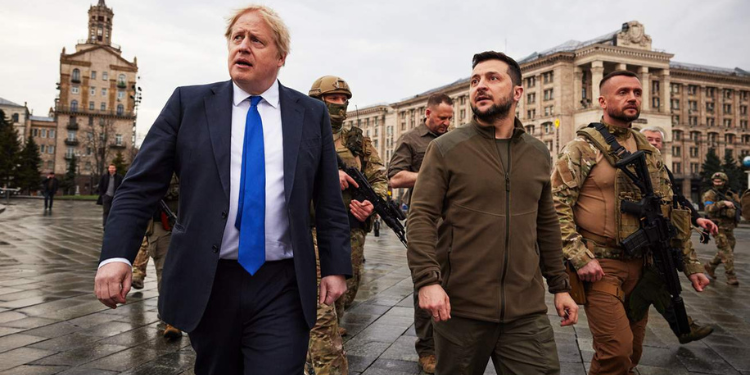

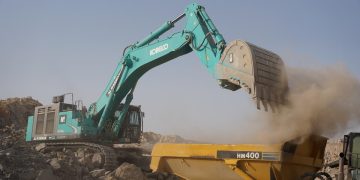
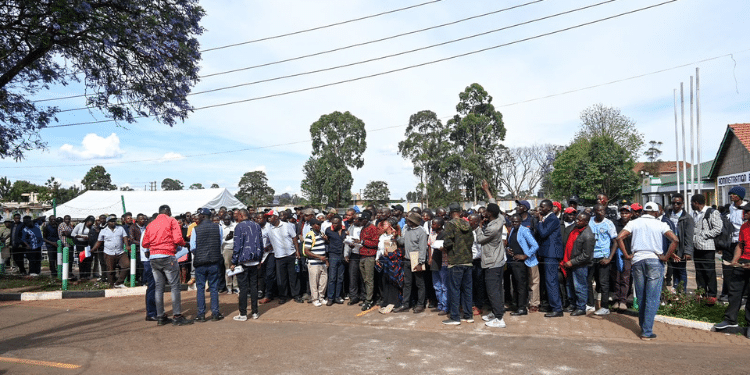
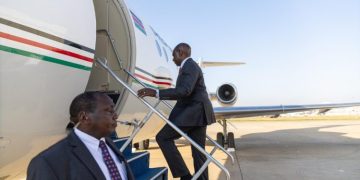


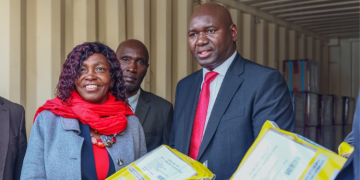
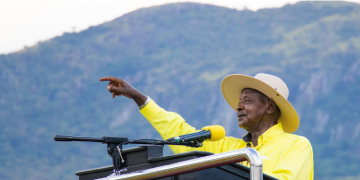









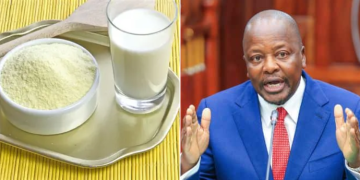

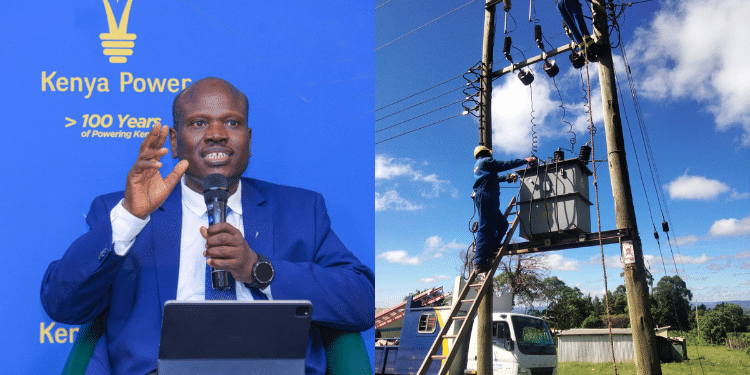





























![Senator Allan Chesang And Chanelle Kittony Wed In A Colourful Ceremony [Photos] Trans Nzoia Senator Allan Chesang With Channelle Kittony/Oscar Sudi]( https://thekenyatimescdn-ese7d3e7ghdnbfa9.z01.azurefd.net/prodimages/uploads/2025/11/Trans-Nzoia-Senator-Allan-Chesang-with-Channelle-KittonyOscar-Sudi-360x180.png)




















